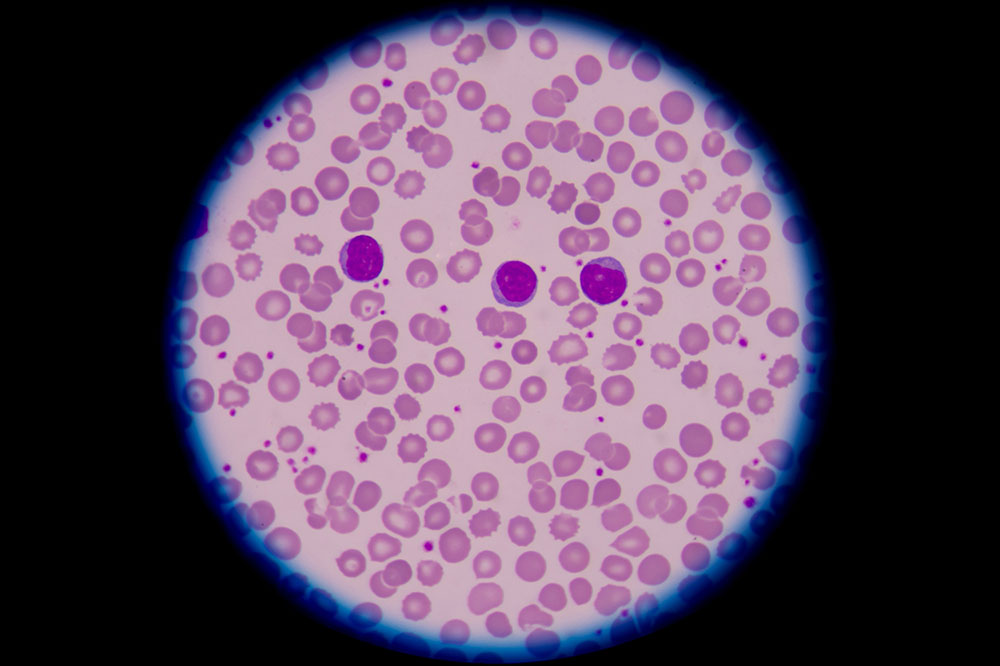Essential Signs Indicating You Might Need Iron Supplements for Better Health
Discover the key signs indicating you might need iron supplements, including symptoms like fatigue, heavy menstrual bleeding, and pregnancy-related needs. Learn how iron supports vital bodily functions and when supplementation is recommended to prevent anemia and boost overall health. This comprehensive guide helps you recognize preventable and treatable deficiencies, emphasizing the importance of professional medical advice for safe and effective iron intake.

Essential Signs Indicating You Might Need Iron Supplements for Better Health
Iron is one of the most vital minerals essential for maintaining overall health and wellness. It plays a fundamental role in various bodily functions, particularly in energy production, immune support, and oxygen transport. Without adequate iron levels, the body can experience fatigue, weakened immunity, and other health issues. Despite being abundant in many foods, certain health conditions and life stages can lead to iron deficiencies, necessitating the use of supplements to restore optimal levels. Recognizing the signs of iron deficiency early can prevent more serious health complications.
Understanding when to consider iron supplementation is crucial. Healthcare professionals often recommend iron supplements based on various indicators that suggest low iron levels or increased demand for iron. This comprehensive guide explores the most common signs and situations where iron supplementation can be beneficial, ensuring you maintain a healthy and energized life.
Chronic Blood Loss: Continuous blood loss is one of the primary reasons for iron deficiency. Conditions such as heavy menstrual periods, gastrointestinal bleeding from ulcers, hemorrhoids, or polyps can deplete the body's iron stores over time. For individuals experiencing persistent bleeding, healthcare providers often suggest iron supplements alongside managing the underlying cause to prevent anemia and fatigue.
Dialysis and Kidney-Related Issues: Patients undergoing dialysis for chronic kidney disease often experience significant blood and iron loss. Dialysis procedures can inadvertently remove blood components, including iron, making supplementation necessary. Additionally, kidney issues can impair the body's ability to produce erythropoietin, a hormone vital for red blood cell production, compounding iron deficiency risks.
Pregnancy and Fetal Development: During pregnancy, a woman's iron requirements dramatically increase—up to 27 mg daily—to support the growing fetus and placenta. Pregnant women are at higher risk of developing anemia if their iron intake isn't sufficient. Healthcare professionals frequently recommend iron supplements during pregnancy to meet these increased demands and ensure both maternal and fetal health.
Menstrual Cycles and Reproductive Health: Regular menstruation can lead to significant iron loss each month. Women with heavy or prolonged periods are especially susceptible to developing iron-deficiency anemia. Iron supplements can effectively replenish iron stores, reducing fatigue and improving overall well-being.
Other Symptoms and Risk Factors: Aside from the primary indicators, signs such as persistent fatigue, weakness, pale skin, dizziness, shortness of breath, and cold extremities may point toward iron deficiency. Certain populations, including vegetarians, vegans, and individuals with specific medical conditions, may have an increased need for supplementation.
Proper iron supplementation can make a significant difference in health and daily functioning. It is essential, however, to follow medical advice regarding dosage and timing. Taking iron supplements on an empty stomach often enhances absorption, but some individuals may experience stomach upset and may need to take them with food. Excessive iron intake can be harmful, so self-medicating without professional guidance should be avoided. Regular blood tests help monitor iron levels, ensuring supplementation is effective and safe.
In conclusion, being aware of the key indicators for iron deficiency allows for early intervention, which can prevent complications and improve quality of life. Whether due to dietary habits, medical conditions, or physiological changes, recognizing these signs and consulting healthcare professionals can help you optimize your iron levels and overall health.





